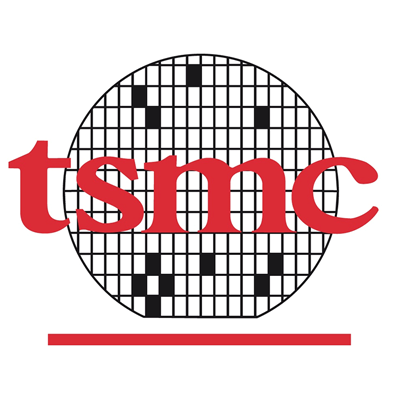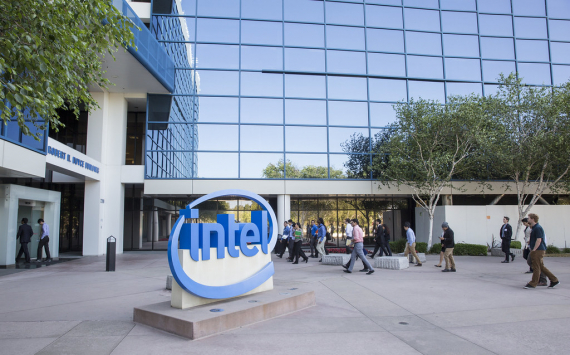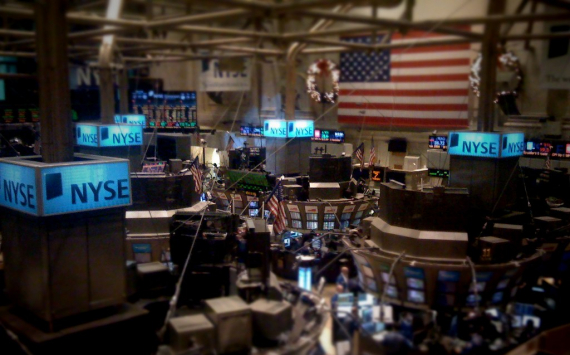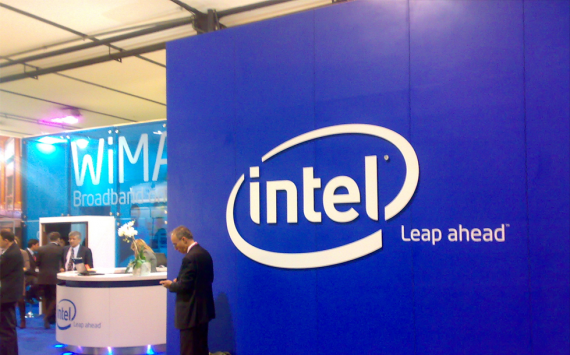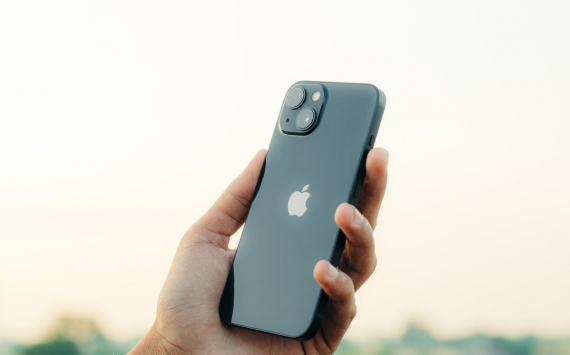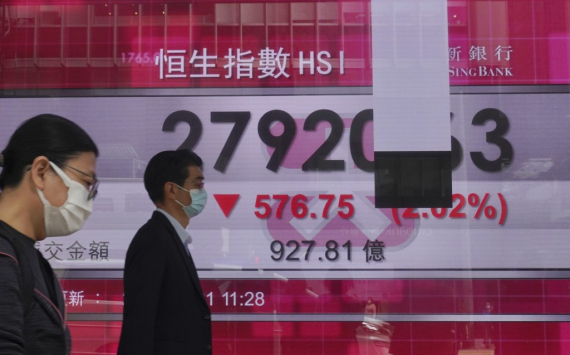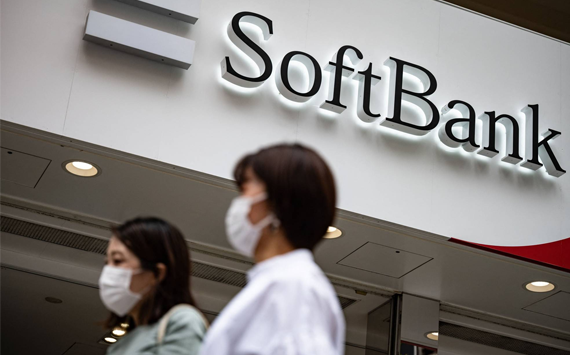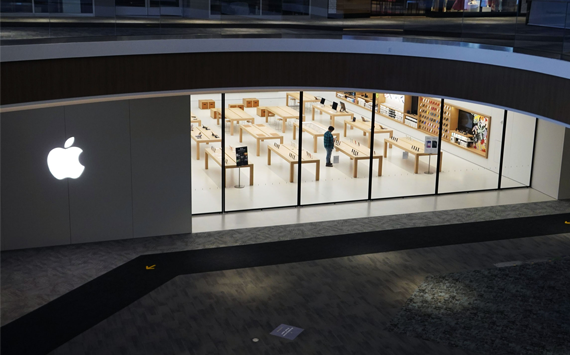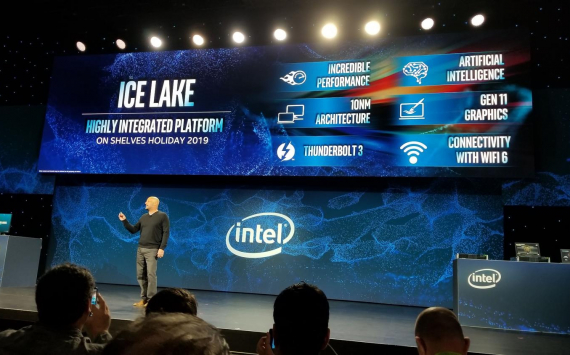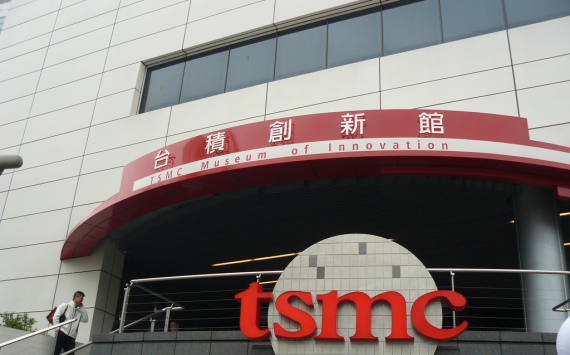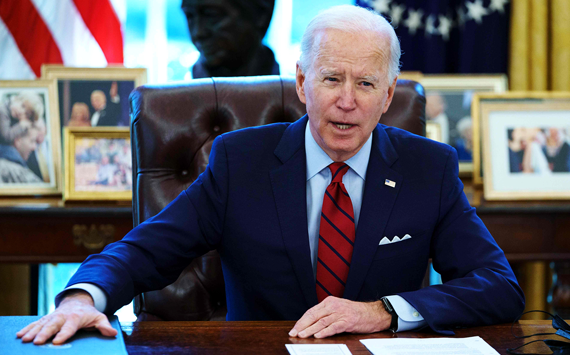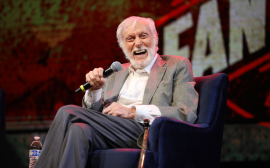Description
Taiwan Semiconductor Manufacturing Company, Limited is a Taiwanese multinational semiconductor contract manufacturing and design company. It is one of Taiwan's largest companies, the world's most valuable semiconductor company, and the world's largest dedicated independent (pure-play) semiconductor foundry, with its headquarters and main operations located in the Hsinchu Science Park in Hsinchu, Taiwan. TSMC has a global capacity of about 13 million 300mm equivalent wafers per year as of 2020, and makes chips for customers with process nodes from 2 micron to 5 nanometers. TSMC is the first foundry to provide 7 and 5 nanometer production capabilities with the latter being applied on the new Apple A14 SoC, and the first to commercialize Extreme Ultraviolet (EUV) lithography technology in high volume.
Overview
Founded in Taiwan in 1987 by Morris Chang, TSMC was the world's first dedicated semiconductor foundry and has long been the leading company in its field. When Chang retired in 2018, after 31 years of TSMC leadership, Mark Liu and C. C. Wei, both high ranking TSMC leaders, became Chairman and Chief Executive respectively. It is listed on both the Taiwan Stock Exchange (TWSE: 2330) since 1993; in 1997 it became the first Taiwanese company to be listed in the New York Stock Exchange (NYSE: TSM). Since 1994, TSMC has had a compound annual growth rate (CAGR) of 17.4% in revenue and a CAGR of 16.1% in earnings.
Most of the leading fabless semiconductor companies such as Advanced Micro Devices (AMD), Apple Inc., Broadcom Inc., Marvell, MediaTek, Nvidia, and Qualcomm are customers of TSMC, as well as emerging companies such as Allwinner Technology, HiSilicon, Spectra7, and Spreadtrum. Leading programmable logic device companies Xilinx and previously Altera also make or made use of TSMC's foundry services. Some integrated device manufacturers that have their own fabrication facilities like Intel, NXP, STMicroelectronics and Texas Instruments outsource some of their production to TSMC. At least one semiconductor company, LSI, re-sells TSMC wafers through its ASIC design services and design IP-portfolio.
The company has been increasing and upgrading its manufacturing capacity for most of its existence, although influenced by the demand cycles of the semiconductor industry. In 2011, the company planned to increase research and development expenditures by almost 39% to NT$50 billion in an effort to fend off growing competition. The company also planned to expand capacity by 30% in 2011 to meet strong market demand. In May 2014, TSMC's board of directors approved capital appropriations of US$568 million to establish, convert, and upgrade advanced technology capacity after the company forecast higher than expected demand. In August 2014, TSMC's board of directors approved additional capital appropriations of US$3.05 billion.
In 2011, it was reported that TSMC had begun trial production of the A5 SoC and A6 SoCs for Apple's iPad and iPhone devices. According to reports, as of May 2014, Apple is sourcing its new A8 and A8X SoCs from TSMC and later sourced the A9 SoC with both TSMC and Samsung (to increase volume for iPhone 6s launch) with the A9X being exclusively made by TSMC, thus resolving the issue of sourcing a chip in two different microarchitecture sizes. Apple has become TSMC's most important customer.
TSMC's revenue in the first quarter of 2020 reached US$10 billion, while its market capitalization was US$254 billion. TSMC's market capitalization reached a value of NT$1.9 trillion (US$63.4 billion) in December 2010. It was ranked 70th in the FT Global 500 2013 list of the world's most highly valued companies with a capitalization of US$86.7 billion, while reaching US$110 billion in May 2014. In March 2017, TSMC's market capitalisation surpassed that of semiconductor giant Intel for the first time, hitting NT$5.14 trillion (US$168.4 billion), with Intel's at US$165.7 billion. On June 27 2020, TSMC briefly became the world's 10th most valuable company, with a market capitalization of US$410 billion.
In July 2020, TSMC confirmed it would halt the shipment of silicon wafers to Chinese telecommunications equipment manufacturer Huawei and its subsidiary HiSilicon by the 14th of September.
In 2020, Mark Liu hired Hugo Barbosa Vazquez from Philips to work with him on market analysis and forecasting activities across all geographies.


